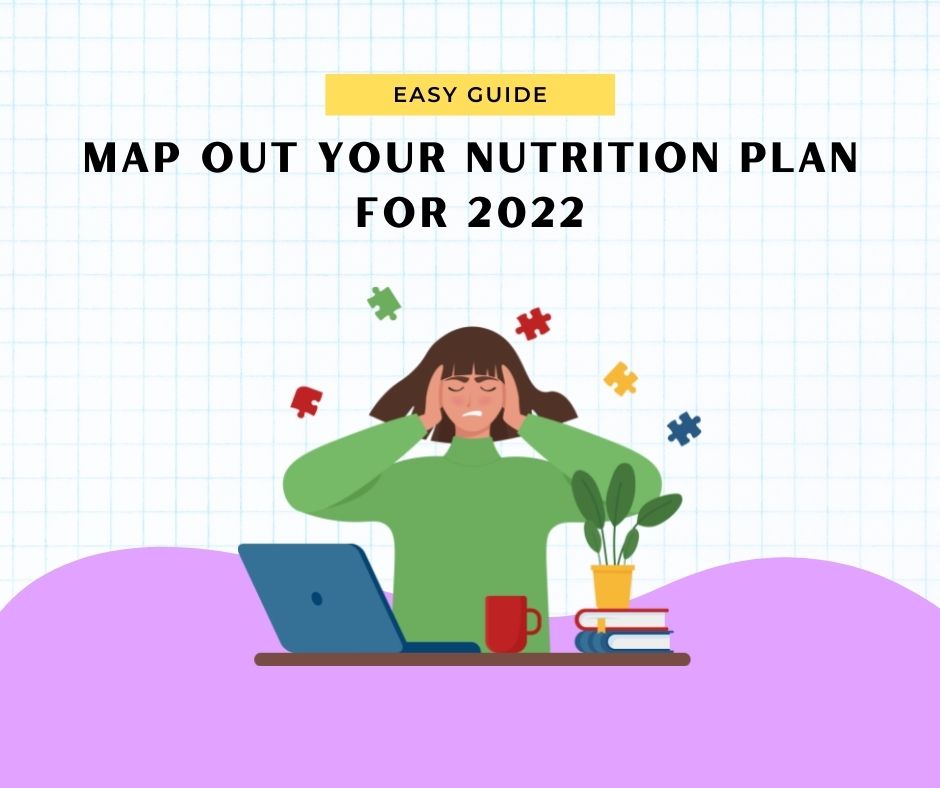We all feel refreshed and willing to set new goals as the new year begins. Some will call them resolutions, and some will call them plans. Whatever you call them, every year offers an opportunity to change, grow, and conquer new things.
Most people start a new year and tell themselves, that’s it! I have to diet now, and people start a diet and crash diet, dropping weight quickly, over restricting, doing a ton of cardio, and being miserable through it all. Usually, people who diet like this do not have a plan for maintaining that weight loss afterward.
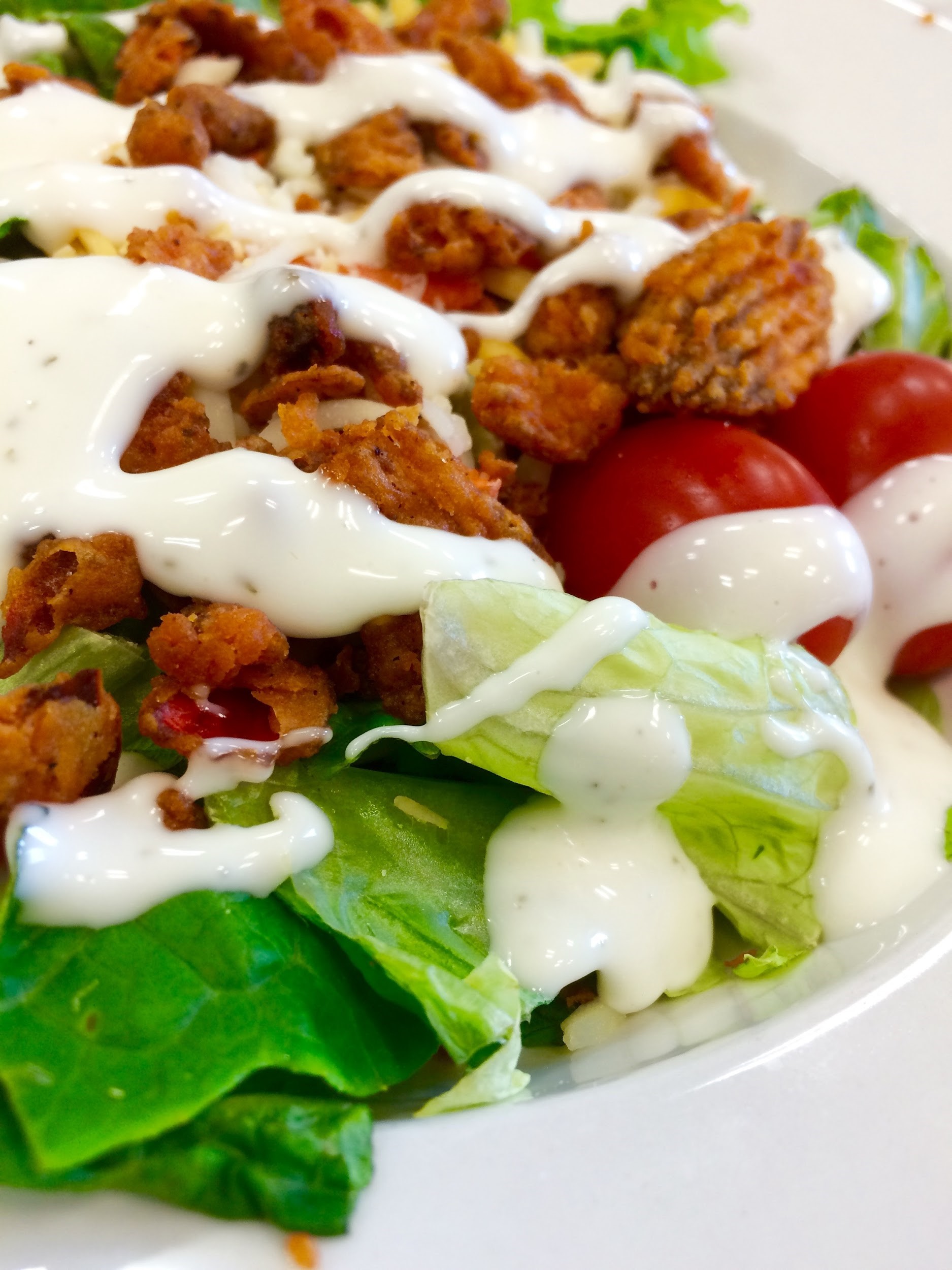
Putting your body into a caloric deficit is the way to lose fat. But there is a right way to do this and a wrong way. One of the trainers I work with daily loves to use this method of right way and wrong way. She shows people the wrong way to do something first; then, she shows people the right way. Dieting is similar; most people do it the wrong way, going to extremes to get temporary results. The calories you are consuming are impacting your weight loss progress and your overall health. Eat things rich in healthy fats and nutrient-dense vegetables, giving you fuel for your days.
Planning Your Nutrition Is Planning Your Progress
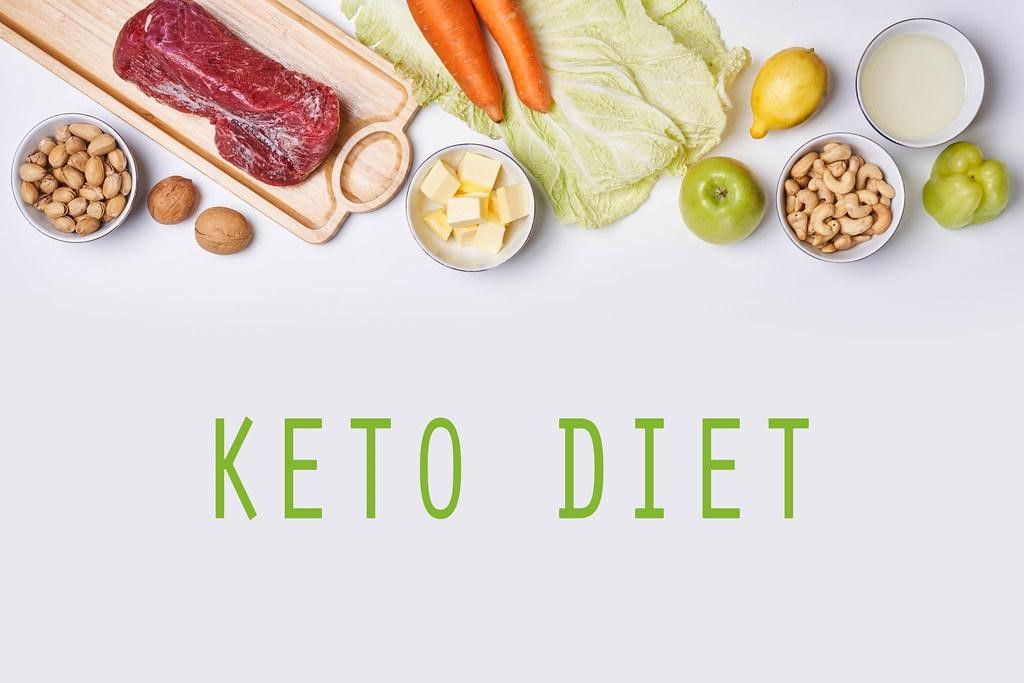
Nutritional periodization is something that has been around for many years. Nutritional periodization is something that coaches have been using with athletes since the 1950s to train for the Olympics.
“Periodized nutrition refers to the strategic combined use of exercise training and nutrition, or nutrition only, with the overall aim to obtain adaptations that support exercise performance. The term nutritional training is sometimes used to describe the same methods, and these terms can be used interchangeably.”
Most people will read this and dismiss it because they aren’t training for the Olympics or a body-building show. That’s fine! You do not have to be a supreme athlete to understand your body, proper dieting, and maintain all your hard work. This periodization method allows you to plan months that are calorie deficits, periods that are maintenance (maintaining your weight), and other periods called surplus (more calories than maintenance.)
You cannot diet all year! People think they want to, but that is not realistic.

If you can plan your diet in phases to have periods to indulge, maintenance times, muscle gain times, you will have more success. With dieting, it’s essential to have something to look forward to, a vacation, a holiday, a birthday. Think of planning this way, like going through seasons in your diet.
Leaving your body in a constant caloric deficit is just not sustainable.
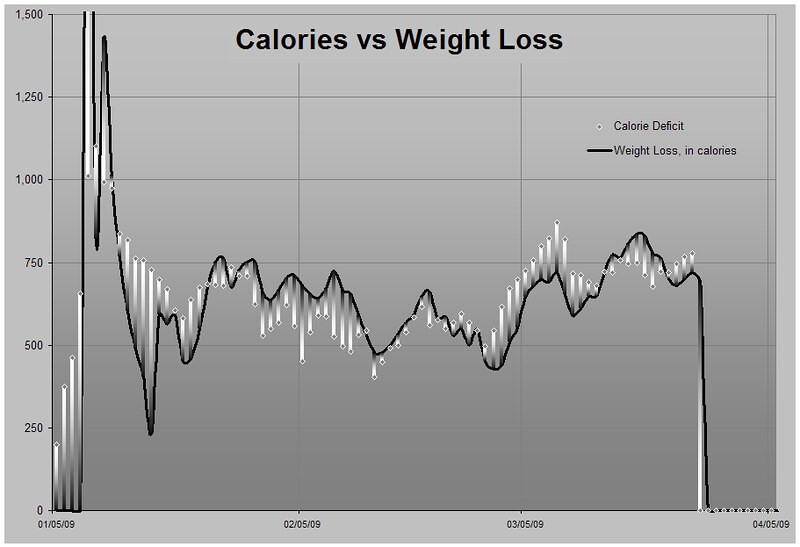
Know your goals so that you have clarity on how to build out your plan.
Maybe it’s a weight goal; perhaps it’s your high cholesterol. Perhaps you want to change your metabolism. Write down your goals in order of importance and spend the entire year working on these goals. There are right ways to set goals and wrong ways to set goals. For example, I know a friend who plans to lose twenty pounds, so she started restricting what she was eating. She would fast and then work out for hours. The weight came off quickly, but right after summer, it always crept back up. She would yoyo like this all the time, getting “fluffy” for the winter than going to extremes to get a summer body. Not only is this type of fluctuation incredibly frustrating, but it’s also very unhealthy.
What if your goal is to create a better relationship with food? Spending too much time in a caloric deficit will be detrimental to your relationship with food. You will constantly be hungry, grumpy, and have those uncontrollable cravings if you are constantly depriving yourself and not having a break to look forward to. My friend mentioned above has a terrible relationship with food because she views food as something that makes her get fat. However, if she were constantly doing the right things, exercising average amounts, not starving herself, she would start to appreciate food for the incredible power it has.
Your body is an engine; you want to fuel it with nutritional fuel so that it operates at its full potential and works well for you. What we put in is what we get out.
Prioritize your goals! For instance:
- My relationship with my body and food
- Fat loss
- Lower cholesterol
If you have ever wondered how some trainers and fitness professionals maintain their body composition, I’m going to tell you how: they make a plan and stick to it! We all have events, vacations, things to look forward to. Wouldn’t it feel great to take your break and not worry about food so much? What does this year look like for you?
First of all, get back to the basics. Find things that will give you knowledge, hire a coach, or maybe get a personal trainer. Follow people on your social media that will inspire you with healthy recipes. If you are serious about making progress, gaining muscle, and keeping a healthier lifestyle, thinking about food is a priority
BE INTENTIONAL
Being intentional about what you eat, what you don’t eat, and what physical activities you participate in are now your top priority. You can feel great about your body, your relationship with food, and your aesthetics because your hard work is paying off. No one can take this type of hard work away from you. The body you want is there, do not put limitations on yourself.
TAKE A CHANCE
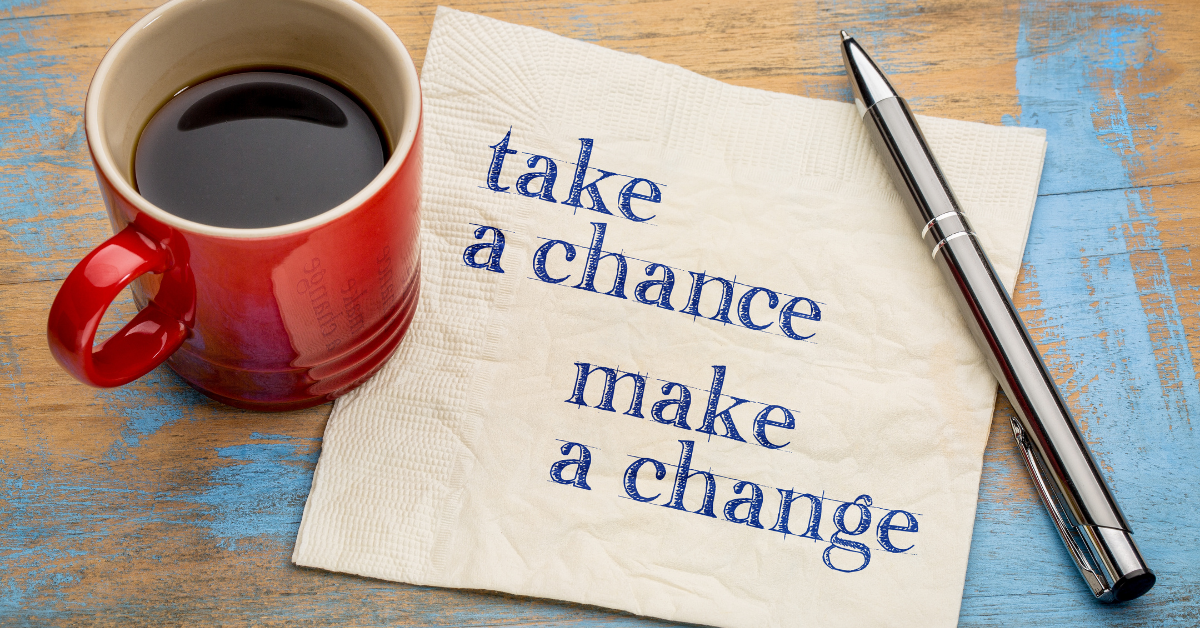
So many people are scared to try new things, threaten to put themselves out there.
Take a chance on yourself this year. Do that one thing that has always scared you. Do that one thing that you have always wanted to do. Don’t live in fear of failure anymore.
You are worth taking chances for. If dietary changes are scaring you and you have been playing your life too small, yoyo dieting, or crash dieting, this year should finally be your year to make a significant change.
Setting realistic goals and learning new tools to help manage your stress or anxiety will get you there faster. Maybe this year, you stick to practicing yoga once a week or walking around your neighborhood once a day. Perhaps this year is when you finally learn your body queues and get in tune with how food could be affecting your brain and, ultimately, your life. Understanding your body, what food works well, what food doesn’t work well. This is the time to start tracking your food, looking at the scale, and making progress.
TAKE A LEAP

Like me, investing in yourself might make you feel incredibly uncomfortable. The discomfort will be short-lived. The outcome of that discomfort will be impactful in the best way possible. Taking a chance and betting on yourself to accomplish something unique will give you great joy. Overcoming fears and following through will feel so good.
Many people I know and have coached have an inner voice telling them they can’t lose the weight, so why even try. This narrative is not going to help you. Change that thought and get uncomfortable with a new diet plan and exercise routine. Stick to it, and people around you will start to notice. As humans, we care about what others think, even if we say we don’t. The first time your friend or colleague tells you they see noticeable changes in your physical appearance, it will make you feel good! And hopefully, it will keep you motivated.
Motivation is not something to rely on; most people do not have a support coach giving them pats on the back every day. This is a mindset you are, and this is a journey that you can keep with you for the rest of your life. A constant reminder that you do not want to go back to feeling the way you did before should be enough motivation.
TRUST THE PROCESS
When you start this new diet, it may seem daunting. You may drop a lot of weight first, then hit a plateau. Maybe you went extreme for eight weeks, and then you got comfortable and stopped tracking your food or stopped working out. Remember, this dieting method is not sustainable, and it will make you resent food.
Take this slow. It will feel better, and it will be a lot easier to maintain. Think about how much more you will learn about foods, recipes, exercises over a year. Jumping in and going full throttle can develop an obsession and may cause serious injury in the gym. This is not what your year should look like!
MAKE A PLAN
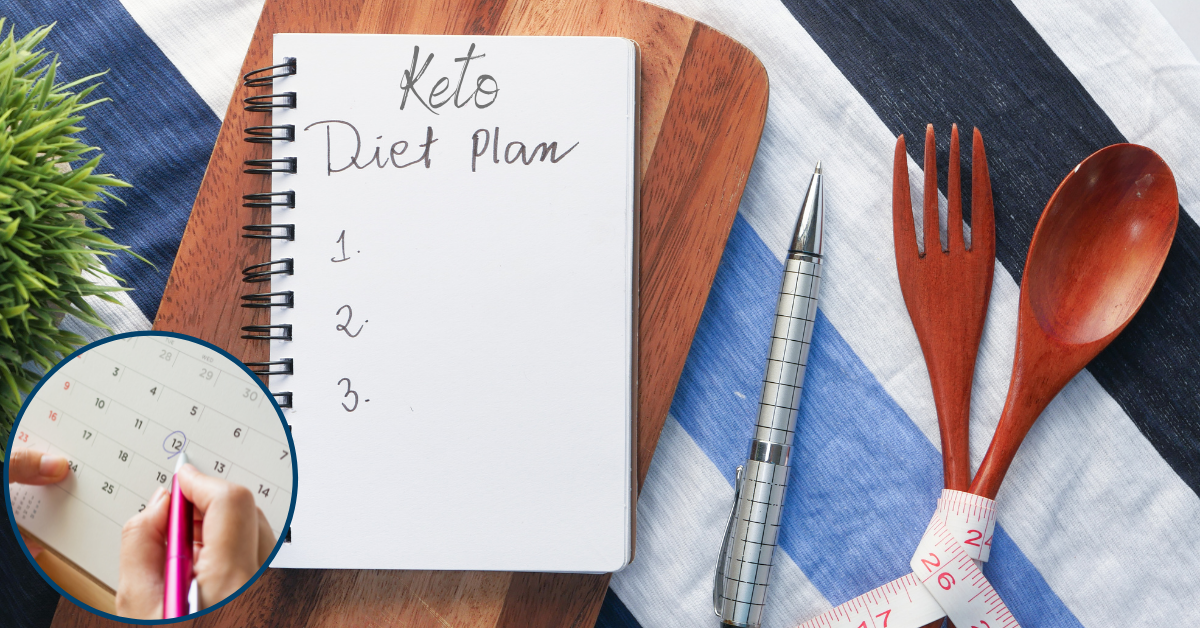
Slow progress is still progress. When it comes to weight loss, you want to do it right and make sure it sticks. Take a look at your calendar and plan your most significant dieting months around big events that you have to look forward to. Maybe you have a wedding to attend, perhaps you just had a baby and are on a journey to get rid of extra weight. Perhaps you want to gain more muscle to increase your metabolism and keep that fat-burning engine running at full throttle.
If you have joined a new diet program, you should trust it. Trust the process, and do not beat yourself up about falling off the wagon one day.
Just simply wake up the next day and get back on track—one foot in front of the other.
